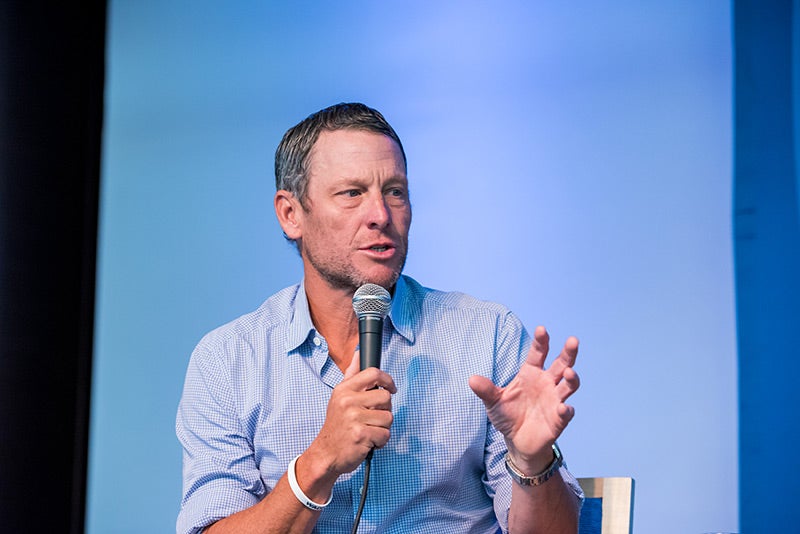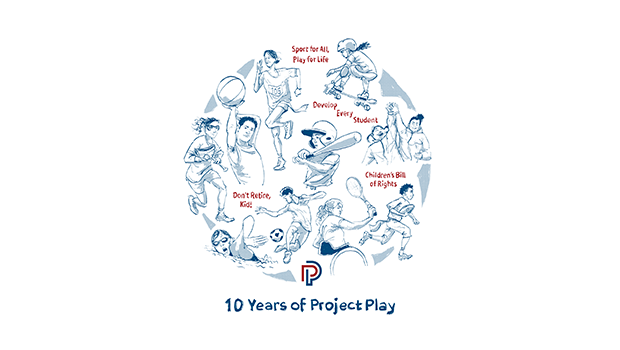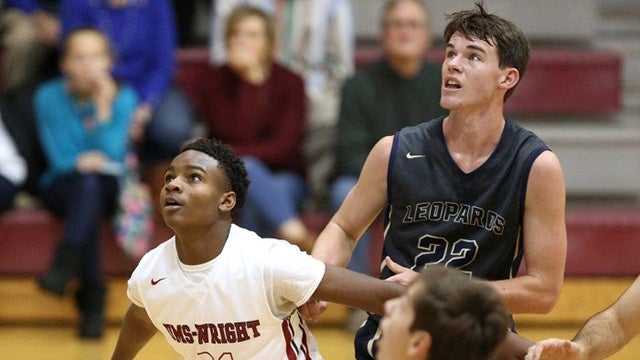The refusal of NFL quarterback Colin Kaepernick to stand for the national anthem has sparked a series of reactions and counter-reactions, as protest gestures on large public stages tend to do. Athletes occupy those stages, and increasingly they have used our entertainment platforms to stir dialogue on a range of social issues that always intersected with our most visible sports but to a degree that we, as a society, did not always appreciate.
Gone is the era defined by Michael Jordan, who during the 1980s and ‘90s embodied the ethos of shut up and play, count the dollars and leave the reform to others. That’s not a judgment on Jordan, and one could argue that the assets athletes now have to deploy — their media visibility, social networks and personal wealth — was aided by the positioning of sport as an apolitical space, a safe (and fun) gathering place where Americans of all stripes could share a high five.
Keep the high fives going, today’s socially conscious athletes seem to be saying, but don’t forget I’m human, and that we all live in worlds outside these lines. Setting the tone for what was to come was Kain Colter, the former Northwestern University quarterback who tried to unionize college players to improve health and other protections. (He discussed his efforts at the Aspen Institute in 2014.)
Since then, we’ve seen the University of Missouri football team come together to oust its campus president, over campus racial concerns. We’ve seen Caitlyn Jenner draw awareness of the needs of trans people, WNBA players stare down the league office over Black Lives Matter, and athletes donate brains for sake of repetitive impact research. We’ve even seen old man Jordan change course, donating $2 million in July to address police-community relations. Athletes have empowered leagues, in spots, to take controversial social positions, most visibly the NCAA and NBA, which pulled events out of North Carolina over treatment of people who are LGBTQ.
Why all this activism now? In August, at a Society of Fellows event in Aspen, Colo., we put that question to three prominent figures who helped lay the groundwork for the emergence of today’s activist-athlete — former NFL punter Chris Kluwe, who he says lost his job after helping build momentum for the legalization of same-sex marriage in 2012; Gretchen Bleiler, the Olympic snowboarder who for a decade has organized athletes to address climate change; and Lance Armstrong, who before his doping-related ban from cycling raised hundreds of millions for cancer survivors while pioneering the wrist-band philanthropy phenomenon. Watch the full discussion in the above video, and click on the related post below for highlights from that conversation.
Join the conversation by following us on Twitter at @AspenInstSports and on Facebook at facebook.com/aspeninstsports. You can also read news coverage of the event here..


